
Understanding Mental Health Awareness
Mental health awareness is a crucial aspect of overall well-being, as it plays a significant role in how individuals cope with life’s challenges. The recent pandemic has exacerbated mental health issues, leading to a notable increase in cases of anxiety, depression, and stress. According to research, the prevalence of these conditions surged, with many individuals reporting feelings of isolation, uncertainty, and fear. Statistics indicate that nearly one in four individuals experienced a mental health crisis during the pandemic, underscoring the urgent need for mental health awareness.
Promoting mental health awareness is essential for fostering a supportive environment where individuals feel safe to discuss their mental well-being. Open conversations about mental health can help reduce stigma, which has long been a barrier to seeking help. When individuals recognize that they are not alone in their struggles, they are more likely to reach out for support. Consequently, establishing support systems, whether through family, friends, or professional help, is vital in addressing mental health challenges. Accessible resources such as counseling or therapy can significantly enhance an individual’s mental health journey.
Furthermore, mental health awareness initiatives can educate communities about the importance of maintaining mental wellness alongside physical health. This holistic approach is increasingly recognized as necessary for longevity and anti-aging. By integrating discussions about nutrition and gut health into mental health awareness programs, we can emphasize their interconnectedness. Proper nutrition has been shown to influence mood and cognitive function, suggesting that what we eat can have a direct impact on our mental health.
In conclusion, understanding mental health awareness not only addresses the immediate effects of stress and anxiety but also contributes to the overall resilience of individuals and communities. By creating safe spaces for dialogue and supporting one another, we can work towards a healthier, more aware society in the aftermath of the pandemic.
The Role of Nutrition and Gut Health in Mental Wellbeing
Recent research has increasingly highlighted the pivotal role that nutrition and gut health play in influencing mental wellbeing. The connection between our gut microbiome and mental health is particularly profound, with studies indicating that a balanced gut flora can enhance mood and cognitive functions. The gut-brain axis, a complex communication network linking the gastrointestinal tract and the brain, serves as a pathway through which the composition of gut bacteria can affect mental health outcomes, including anxiety and depression.
A significant body of evidence suggests that specific dietary components can support a thriving gut microbiome, thereby positively impacting mental health awareness. Probiotics, found in foods such as yogurt, kefir, and fermented vegetables, contribute to promoting a healthy gut environment. Additionally, fiber-rich foods, including whole grains, fruits, and vegetables, play a crucial role by nurturing beneficial gut bacteria that can influence brain health. Essential nutrients like omega-3 fatty acids, B vitamins, and antioxidants are also integral for optimal cognitive function and emotional stability.
To cultivate a diet that supports gut health and, consequently, mental resilience, several lifestyle habits can be beneficial. Staying adequately hydrated is vital, as water aids in digestion and the absorption of nutrients critical to gut health. Mindful eating practices, such as taking the time to savor meals and being aware of hunger cues, can also contribute to improved digestion and nutrient uptake, further supporting mental wellbeing. Regular physical activity and stress management techniques, such as yoga or meditation, complement these dietary strategies, reinforcing a holistic approach to achieving longevity and post-pandemic health.
Longevity and Anti-Aging: Nutritional Strategies for a Healthier Life
The quest for longevity and anti-aging has grown increasingly relevant in today’s society, especially following the challenges posed by the pandemic. One of the most effective ways to support a longer, healthier life is through nutrition. Research indicates that certain dietary practices not only promote physical wellbeing but also significantly impact mental health awareness and overall quality of life.
Central to the discussion of longevity are antioxidants, which play a key role in neutralizing free radicals that contribute to cellular aging. Foods rich in antioxidants—such as berries, leafy greens, and nuts—are vital for protecting our body at a molecular level. Additionally, incorporating healthy fats, like those found in avocados and fatty fish, supports heart health and brain function, which are critical elements in the longevity equation.
Caloric restriction, or reducing calorie intake without compromising nutritional value, has emerged as another promising strategy. Numerous studies suggest that a moderate reduction in calories can extend lifespan and improve health markers. This approach does not advocate for extreme dieting; rather, it promotes nutrient-dense foods that nourish the body while minimizing unhealthy substances.
Moreover, lifestyle factors such as regular physical activity, proper sleep quality, and effective stress management techniques are essential companions to a nutritious diet for enhancing longevity. Engaging in activities like yoga or mindfulness practices can bolster mental health awareness, further contributing to longevity. For readers interested in actionable tips, considering the incorporation of longevity-promoting foods—like legumes, whole grains, and colorful fruits—into daily meals is a great start. Additionally, one may explore the potential benefits of supplements that can enhance nutrient intake, ensuring a well-rounded approach to nutrition and health.
Boosting Immunity in a Post-Pandemic World
As the world adapts to a post-pandemic environment, understanding the interplay between immunity, mental health, and nutrition has become increasingly essential. A robust immune system not only protects against infections but also supports overall health and longevity. Mental health awareness is vital in this equation, as stress and anxiety can adversely affect immune function. Proactive measures that combine nutritional strategies with mental well-being can lead to better health outcomes.
Nourishing the body with immune-boosting foods is critical. Key nutrients, such as vitamins C and D, and zinc, play pivotal roles in enhancing immunity. Vitamin C, found in citrus fruits and vegetables, aids in the production of white blood cells essential for fighting infections. Vitamin D, often obtained through sunlight exposure and fortified foods, has been linked to improved immune responses. Zinc, present in meats, shellfish, legumes, and seeds, is crucial for various immune functions and can help reduce the duration of illnesses.
Furthermore, incorporating fermented foods into the diet can benefit gut health, which is intricately connected to immune function. Foods like yogurt, kefir, and sauerkraut contain probiotics that promote a healthy gut microbiome, supporting not only digestion but also immunity and overall mental health. The gut-brain connection underscores the importance of maintaining gut health, as a well-balanced microbiome can positively influence mood and anxiety levels.
In addition to dietary choices, lifestyle adjustments are paramount in boosting immunity. Stress management techniques such as mindfulness, yoga, and deep-breathing exercises can significantly enhance mental resilience, thereby supporting immune health. Regular physical activity and ensuring adequate sleep are also vital in promoting longevity and anti-aging through improved immunity. Collectively, these strategies can create a robust framework for health in a post-pandemic world, highlighting the essential relationship between mental well-being, nutrition, and immune function.
For a convenient way to support your health, consider incorporating our Lemon Green Tea into your routine. This tea not only aids in detoxification but also provides essential nutrients that contribute to overall well-being. Discover more here.
 English
English 


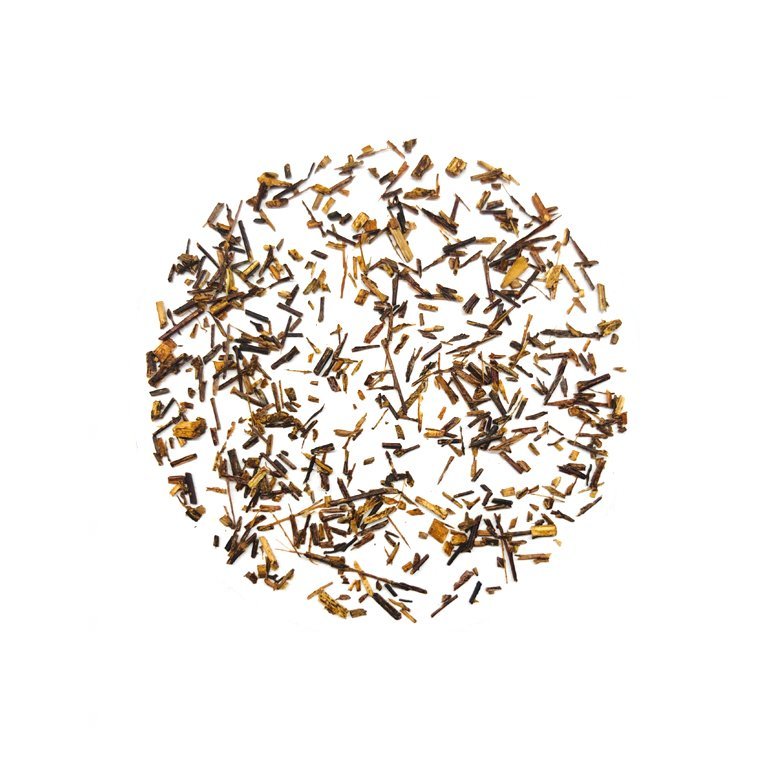







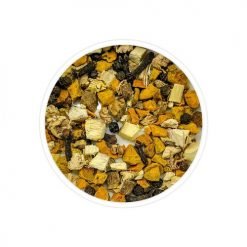
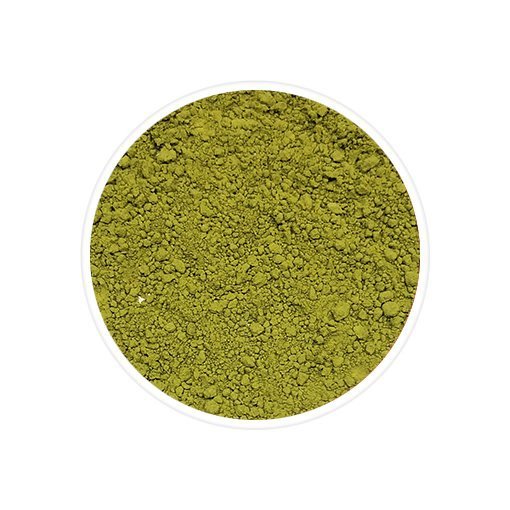







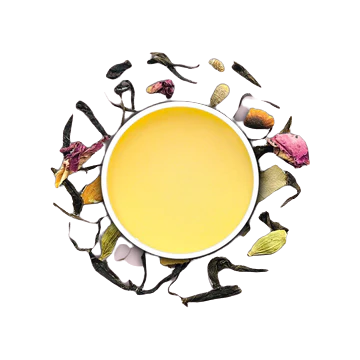



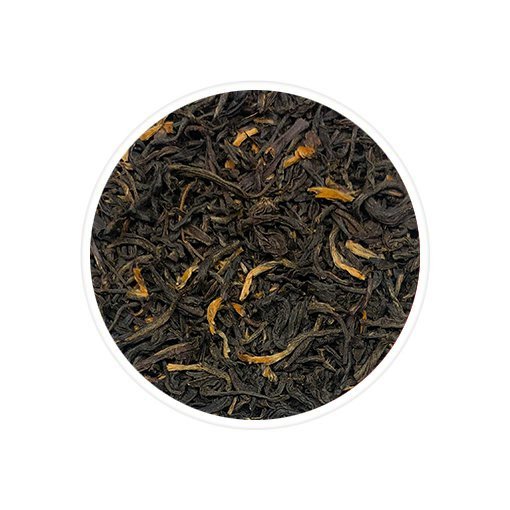





 Home
Home  Whishlist
Whishlist  Checkout
Checkout